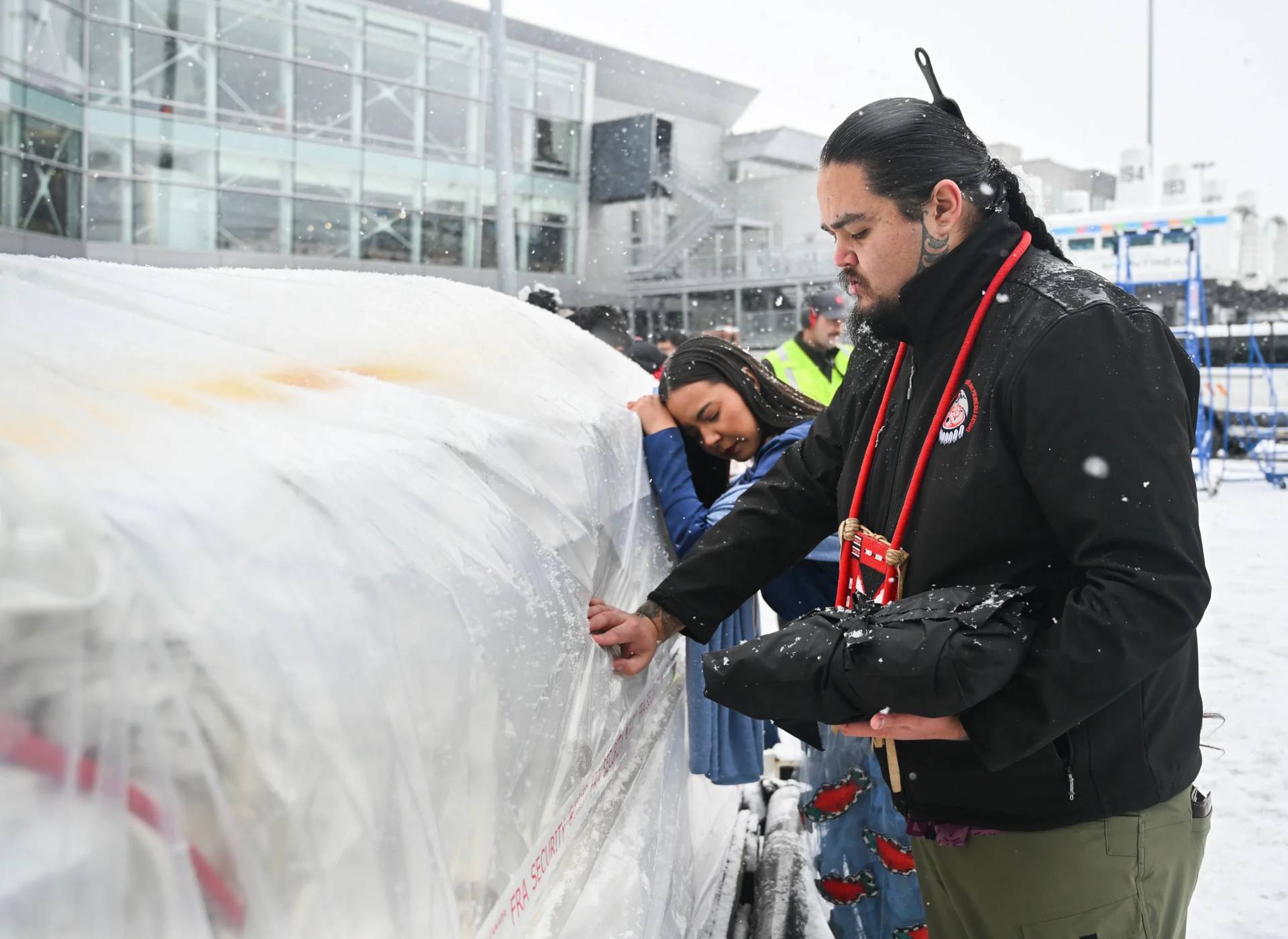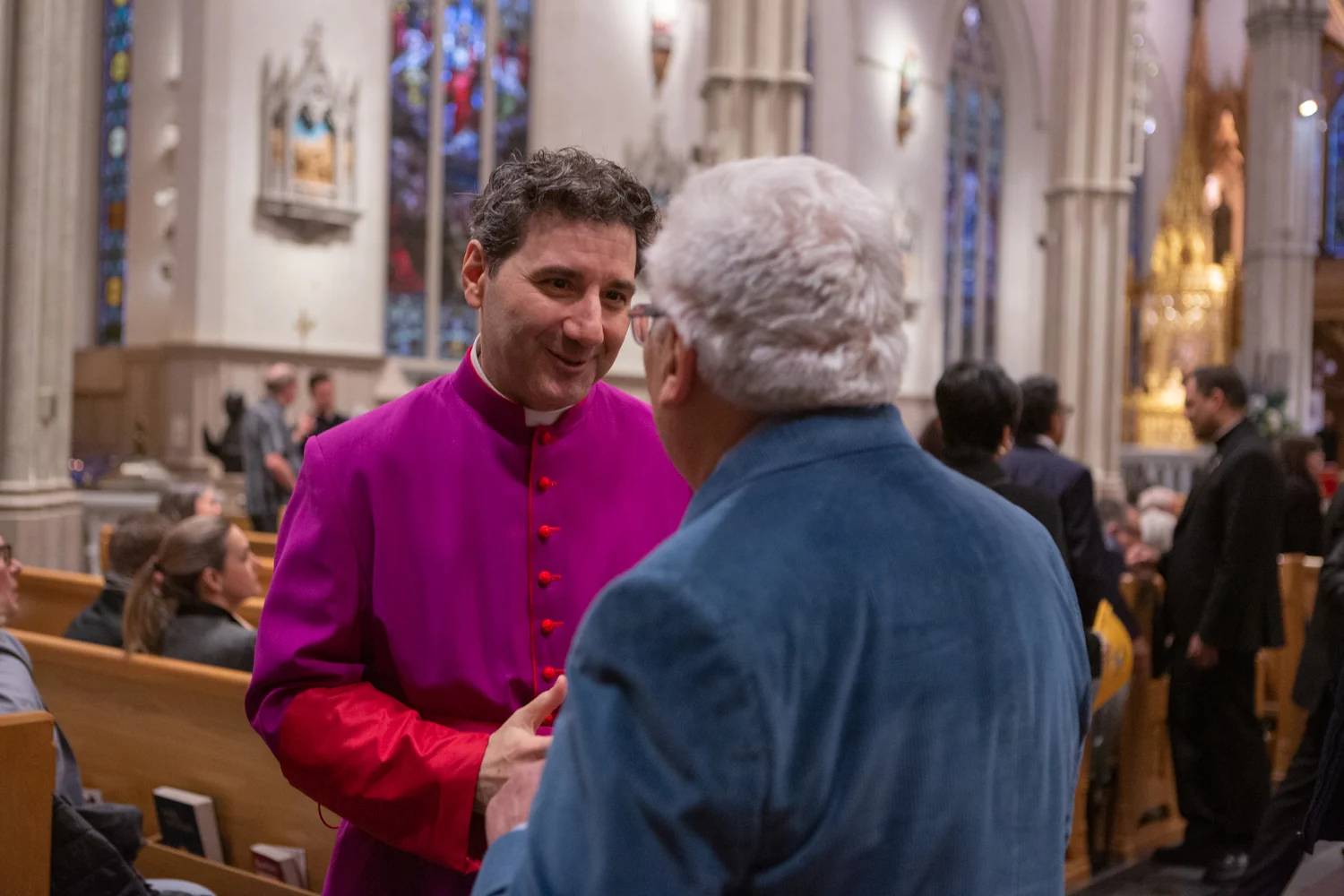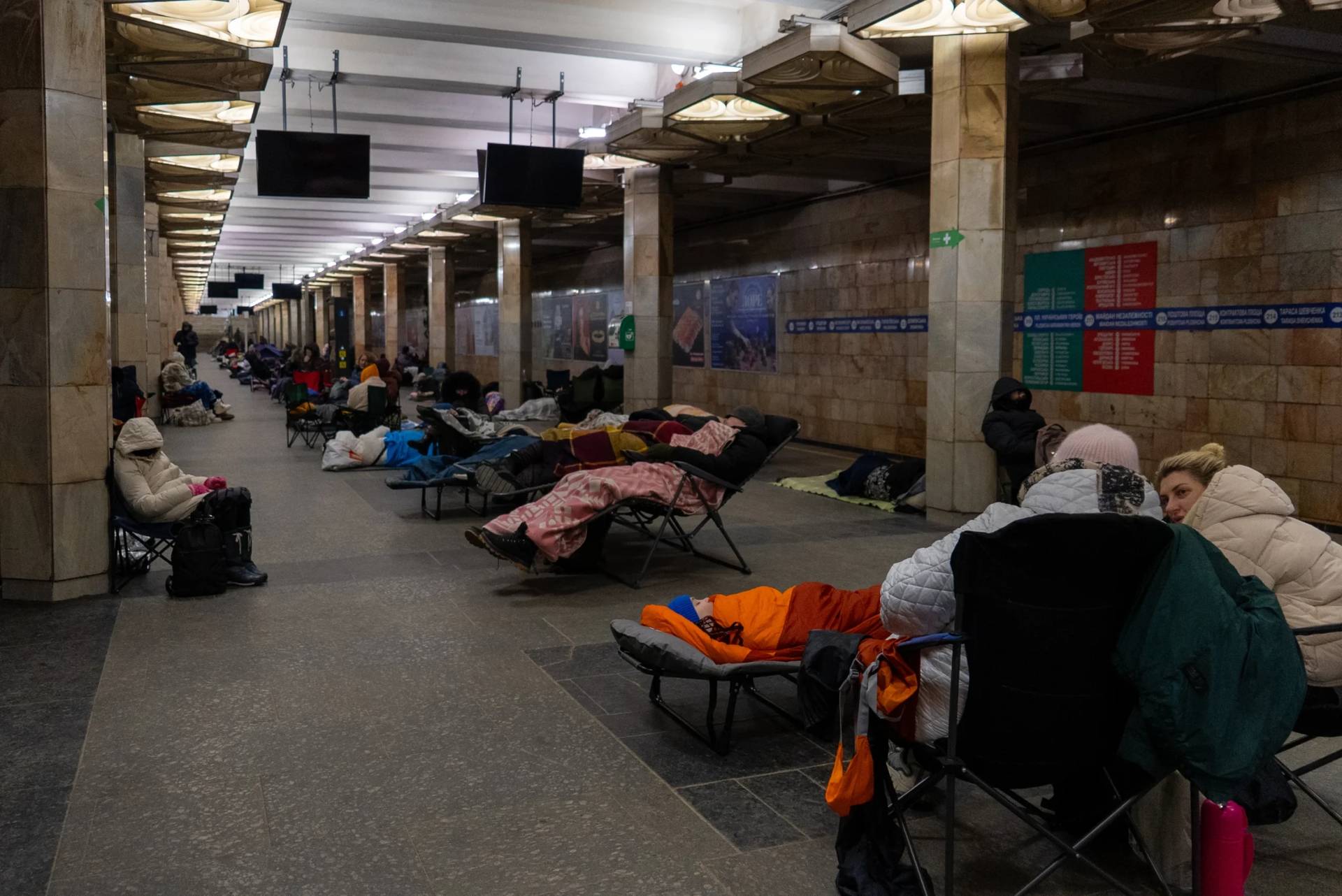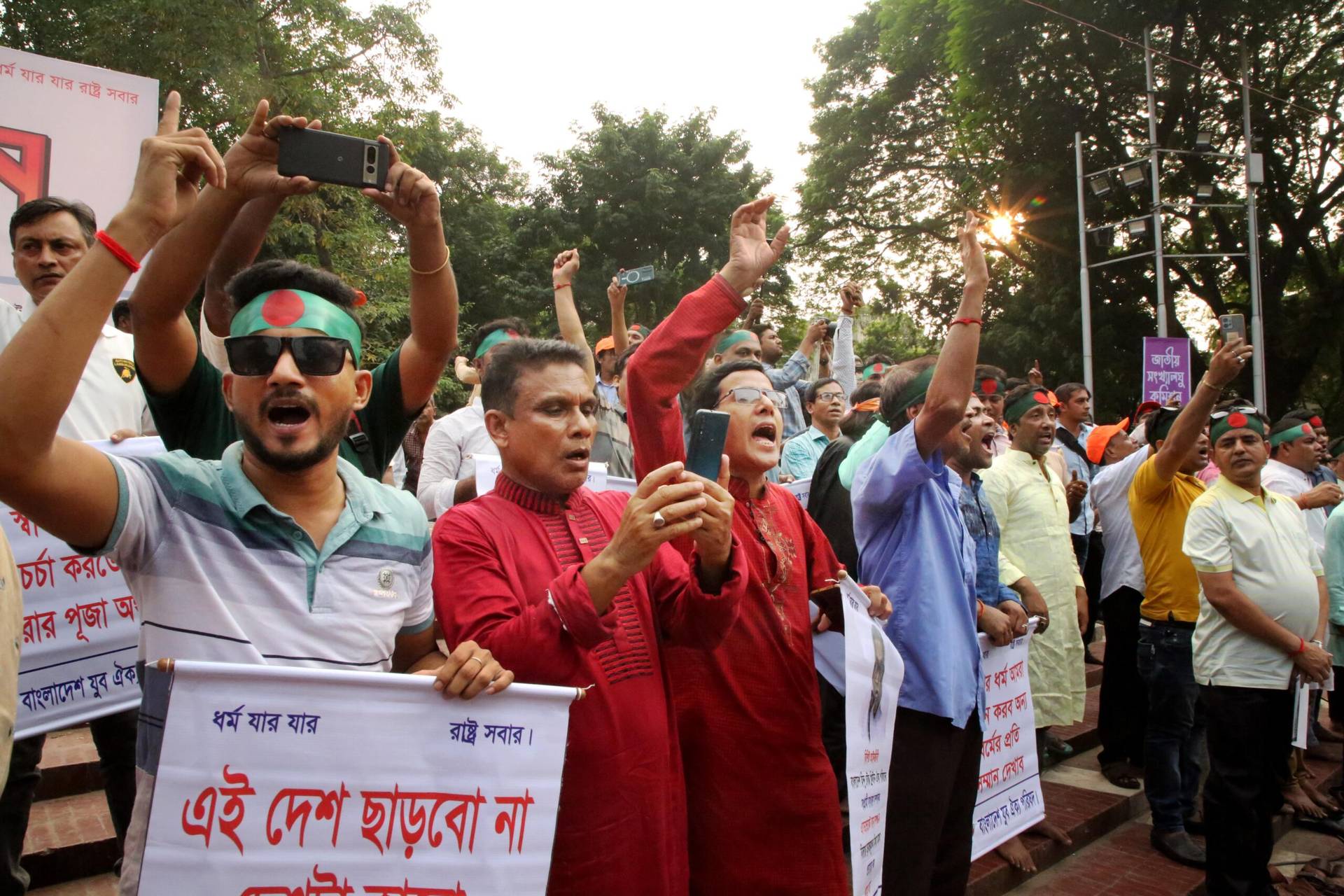NEW YORK – Around the two-year anniversary of Pope Francis’s visit the Canadian bishops have renewed their commitment to Indigenous reconciliation, and announced that they are more than halfway to their fundraising goal of $30 million for their Indigenous Reconciliation Fund.
Pope Francis visited Canada from July 24-29, 2022; a trip that was marked by his apology to Indigenous peoples for the abuses that took place at many government residential schools run by Catholic groups. In a July 24 letter to the faithful, the Canadian bishops said Pope Francis’s words during that trip still compel them to recognize that “painful” legacy.
“On this anniversary, we find ourselves reflecting on the profound sorrow Pope Francis expressed for the devastating effects of the residential school system on Indigenous communities, and on the journey of reconciliation and healing we have embarked on together,” the Canadian Conference of Catholic Bishops said in the letter. “Two years later, the Pope’s words still compel us to recognize this painful legacy and walk alongside the Indigenous Peoples in a spirit of repentance, solidarity, and hope.”
“[Pope Francis’s] vision of the Church as a ‘living body of reconciliation’ has guided us in our ongoing commitment to justice and healing,” the letter continues. “In this spirit we reaffirm our pledge to work for healing and reconciliation, and to reflect on our efforts since the Holy Father’s visit to Canada in 2022.”
According to the letter, the Canadian bishops have raised more than $15 million for the Indigenous Reconciliation Fund, which has them ahead of the five-year timeline they set in 2021 to raise $30 million. The fund was established to raise money to “support healing and reconciliation initiatives for residential school survivors, their families, and their communities.”
So far, according to the letter, the Indigenous Reconciliation Fund has funded projects that emphasize healing and reconciliation for Indigenous Peoples and their families, the revitalization of cultures and languages, education and building of communities, as well as dialogues for promoting spiritualities.
The Canadian bishops’ reconciliation efforts continue as the whole nation reckons with the history of its government-backed residential school program that aimed to assimilate Indigenous children into Canadian society. The government has also acknowledged that sexual and physical abuse occurred at these schools, many of which were operated by Catholic groups.
About 150,000 children attended the schools in the 19th and 20th centuries. More than 4,000 of the children died at the schools, according to Canada’s Truth and Reconciliation Commission.
The Canadian bishops’ letter also highlights that they have established “structures within the CCCB” to support dialogues and foster a greater understanding of Indigenous cultural, linguistic, and spiritual traditions and values. The letter expresses a desire to pursue academic collaborations to better understand the “Doctrine of Discovery,” and to engage with the Canadian government on shared concerns, as well. Those concerns include Indigenous belongings currently held at the Vatican museums.
The letter also acknowledges that some have called for further investigations into reports of unmarked burial sites. In recent years, ground-penetrating radar detected “anomalies” at residential schools across Canada that were suspected to be mass graves. However, last August the basement Catholic Church on the Pine Creek First Nations lands Manitoba, Canada, where 14 “anomalies” were previously detected was excavated, and no human remains were found. The results led some to question the accuracy of the anomalies detected by the ground-penetrating radar, as no other sites have been excavated.
The letter states that decisions to study this history are best made locally by Indigenous leaders “who have the most direct understanding of the needs of their respective communities.”
“Many resources can be made available to explore and understand residential school history, such as archival and archaeological research,” the letter states. “We encourage dioceses and all Catholics to support their local Indigenous communities in this sensitive work.”
“We invite all parties to move forward in mutual transparency, respect, humility, compassion, patience, and trust,” the letter continues. “Our aim must be to help Indigenous Peoples seek and know the facts pertaining to their loved ones and community ancestors. By working together in these and many other ways, we are all prepared to advance more effectively along the path of reconciliation.”
The letter concludes by emphasizing the need for the Church and Indigenous Peoples to walk together, and for the Church to continue to listen to and support survivors. Bishop Mark Hagemoen of Saskatoon, chair of the Ad Hoc Committee on the CCCB’s Structure of Engagement with Indigenous Peoples, told Crux as much last September.
“It’s the ministry of presence and listening,” Hagemoen said of reconciliation efforts. “Then when you’ve thought you’ve listened enough, listen more. And then when you think you’ve listened enough, listen again. Listen, listen, listen.”
Follow John Lavenburg on X: @johnlavenburg














